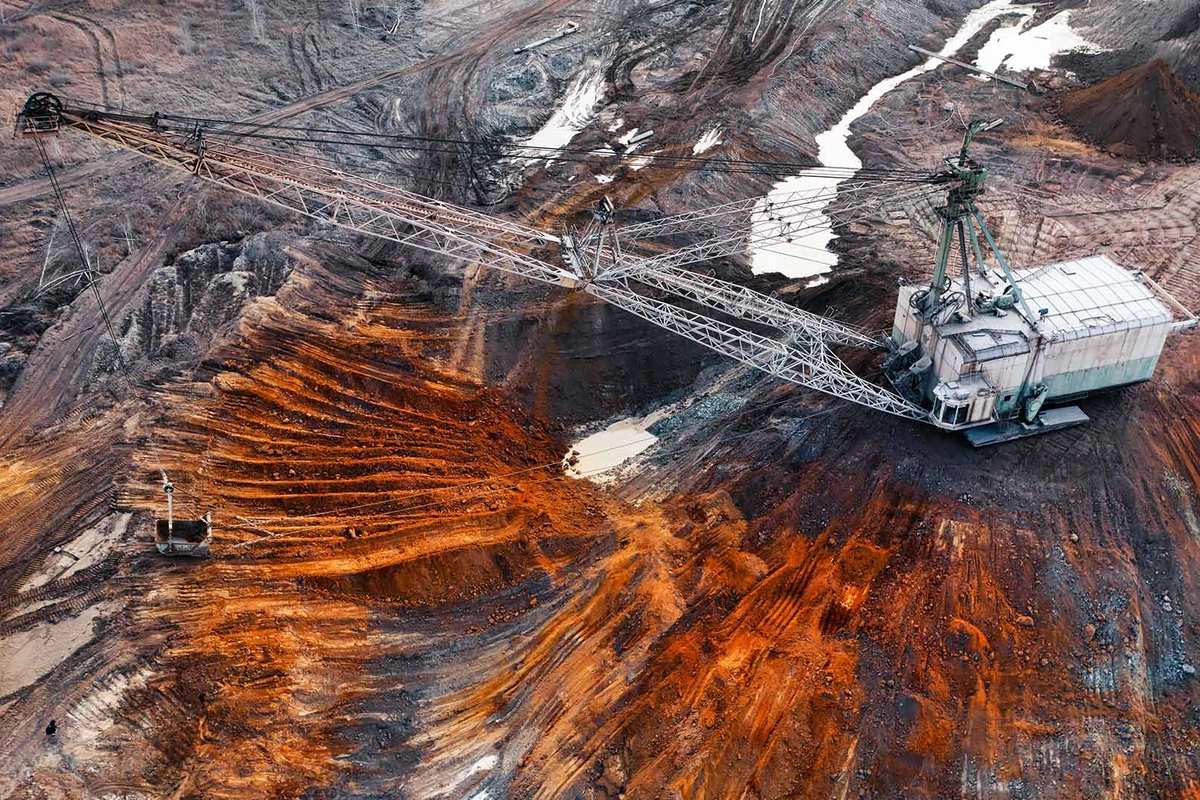
Photo credit: Shutterstock.
Central Asia possesses vast reserves of critical minerals that could drive its economic growth, but according to Aruzhan Meirkhanova, a researcher at Astana’s National Analytic Center, the region has struggled to address challenges in exploration, extraction, and processing.
To achieve breakthroughs, the countries of the region will need significant outside help, she argues; but unless the countries themselves take action to ensure that they are full participants in this process, what could become “a lasting blessing” could easily become “a resource curse”, The Caspian Post reports citing foreign media.“Modernizing exploration is a crucial first step, Meirkhanova says, noting that most maps are based on Soviet-era explorations and that Kazakhstan spent more on exploration in 1990 alone than it did for the total amount it spent between 2003 and 2023”.
But that is only the first step, she continues. The Central Asian countries must address problems involving extracting including shortcomings in their institutional frameworks, inconsistent tax regimes and lack of ability to control environmental impact of mining.
And they must overcome problems in processing so that they can get full value from their reserves rather than being paid by other countries only for unprocessed ores (unctad.org/news/critical-minerals-boom-global-energy-shift-brings-opportunities-and-risks-developing-countries).
China has been the dominant outside player up to now, but Western countries are increasingly active - and their appearance has given the Central Asian countries new opportunities to play one outsider against another in order to advance their own national interests.
Share on social media
